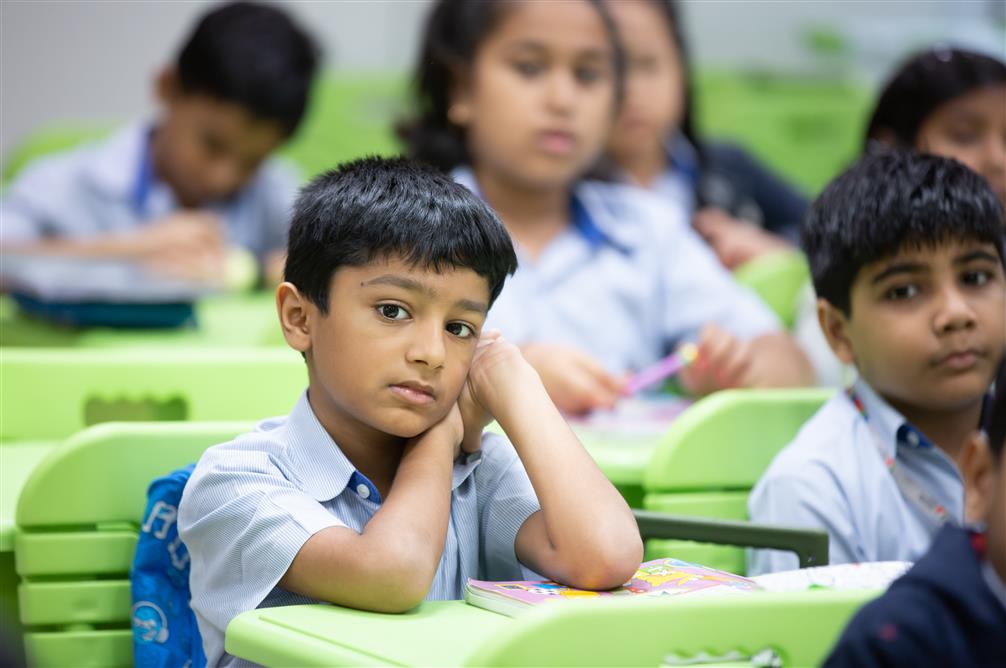
In an age of infinite choice, one of the greatest problems faced by parents is distraction in children. To understand what brings distraction in children of todays generation we need to look at the root cause of the problem.
For children of todays age and time there is problem of plenty. They have abundant choices when it comes to resources. For instance, when they are watching a video on YouTube, many more similar videos pop-up in the recommended column and they get distracted to explore the new ones without completing the earlier video. Lets look at what this has to do with distraction.
Attention span refers to an individuals ability to respond to a stimulus or object over a period of time. This ability is also known as sustained attention or vigilance. A person is exposed to numerous stimuli in the environment, the individual then chooses what they focus on and process. Not every stimuli that is present in the environment will be attended to or processed. The ability to focus and sustain attention is normally developed by age 10 years. Hence, as stated in the example of YouTube video, distractions comes into play when a more appealing option comes their way.
Distraction in children may lead to disruptions in academic or personal life.
Here are some tips on how to make children focus on the task at hand:
- To minimise distraction in children it is of utmost importance to understand the reason behind it. Here are some important questions to ask, has the child been studying for too long? is the child unwell? is the child unable to grasp the concept? Or is there a problem greater than that?
- Allow the child to focus on one task at a time. The best way to do that is to maintain and practice a schedule. For instance, assign a particular time in the day for studies. Reinforce this and maintain this schedule.
- Assign tasks to the child in a sequential manner. This will help the child to think in an organised manner and draw a mental map of tasks to accomplish and not to deviate from the assigned tasks.
- The greatest tip is to allow your child to enjoy intermittent so that the tasks appears less daunting or overwhelming.
- When a child has successfully completed his task reward your child. The reward need not be tangible, it can be intangible like warm hug, appreciation, extra playtime, screentime and so on.
- Display attention-focused behavior. Children learn by modelling those around them, thus, if parents sit down with their children to do homework then that should be the task in focus. However, if the parents are on their phones while helping children in homework or are doing multiple things at this time the child feels that this is normal.
It is also imperative for parents to observe and find out if the child has a deep rooted problem that is amounting to distraction and inability to focus on major tasks. There are many learning disabilities like dyslexia, dyscalculia and Language Processing Disorder that trigger lack of attention but parents fail to detect the main reason and keep working on improving the attention span of children.
Parents can use the above mentioned tips in order to increase attention span and reduce the scope for distraction. By taking conscious steps, parents can help the children focus on the task at hand.







Comments ({{totalComments}})
{{comment.Comment}}